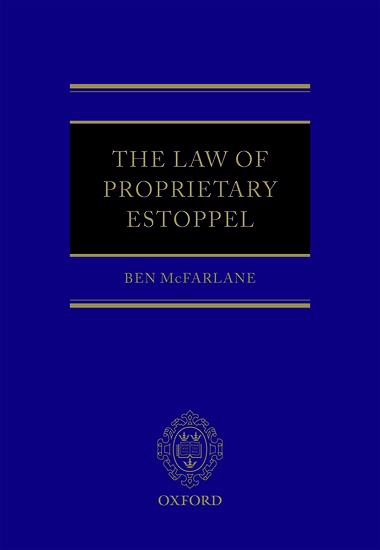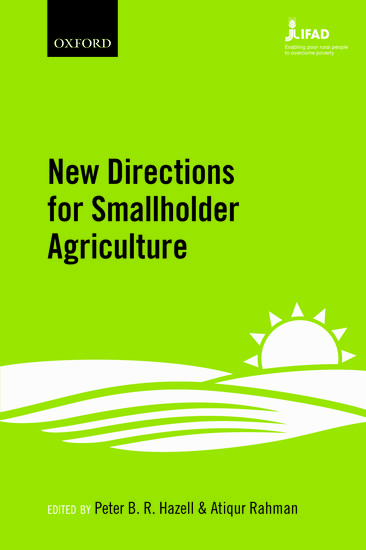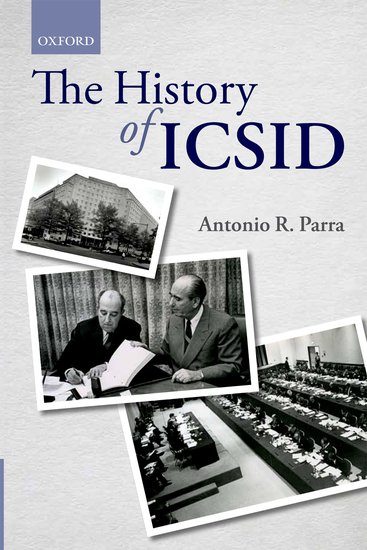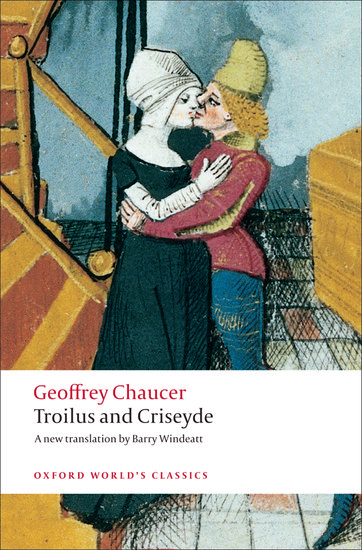Can metaphors make better laws?
By Ben McFarlane
Lawyers have a lot of explaining to do. It’s the nature of their job, as their most important task is to communicate, clearly and concisely, the content of the law. It should therefore be no surprise to find that many of the most masterful users of language, from Cicero to Clinton, from Lincoln to Lenin, were lawyers.








